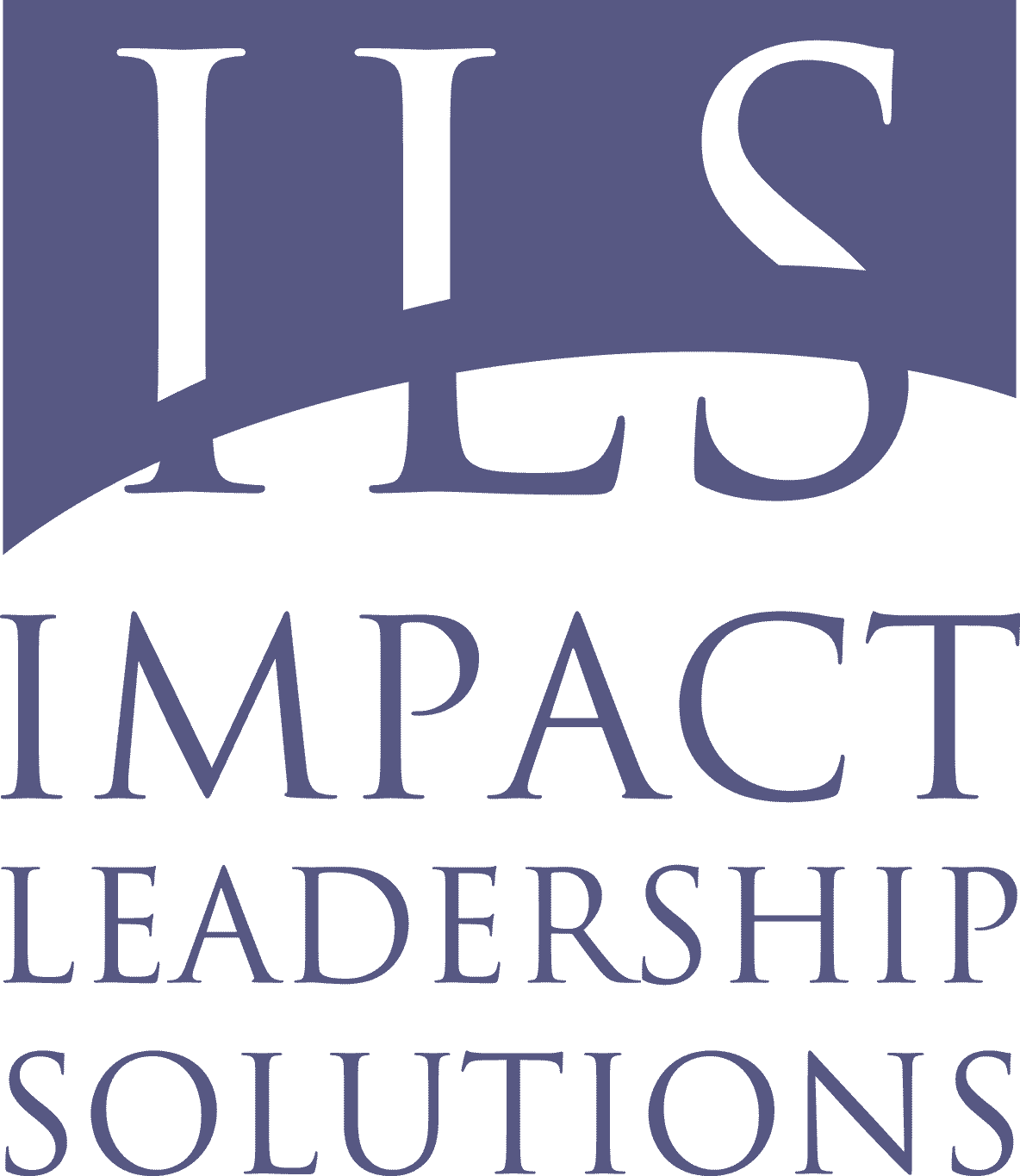
As we enter 2025, the demands on leaders continue to evolve, shaped by hybrid workforces, economic uncertainty, and the need for innovation in a fast-paced world. To thrive in this dynamic environment, leaders must cultivate habits that enhance their effectiveness and inspire and elevate their teams. Here are 10 leadership habits to master in 2025, each rooted in research, real-world application, and actionable starting today.
Great leaders don’t dominate conversations; they empower others to contribute.
1. Lead with Purpose
Effective leaders don’t just manage tasks; they ignite meaning. Research from Harvard Business Review shows that employees who find purpose in their work are 3x more likely to stay with their organization.
Action
Define your leadership purpose in one clear sentence. Share it with your team and align their goals with the organization’s mission.
81% of employees believe honest communication is essential to a strong workplace culture.
2. Empower Through Accountability
Accountable leaders set the tone for integrity and reliability in their teams. When leaders own their actions and decisions, they foster a culture where others feel safe to do the same.
Action
Start a weekly self-review process. Identify one decision or action where you demonstrated accountability and one where you could improve. Share these insights with your team to model transparency.
3. Practice Radical Transparency
According to a LinkedIn survey, 81% of employees believe honest communication is essential to a strong workplace culture. Radical transparency builds trust and clarity.
Action
Commit to weekly updates with your team, sharing wins, challenges, and decisions openly. Model the vulnerability that fosters connection.
4. Cultivate Emotional Agility
A McKinsey study found that emotionally agile leaders drive 31% higher team performance. Emotional agility means navigating change and setbacks with resilience and grace.
Action
Adopt a mindfulness practice, such as 5 minutes of daily reflection. This will help you become aware of emotional triggers and foster better decision-making.
5. Listen More, Speak Less
Great leaders don’t dominate conversations; they empower others to contribute. Active listening is an underrated but transformative skill.
Action
In your next meeting, ask three open-ended questions before offering your perspective. Take notes to demonstrate active engagement.
6. Elevate Your Delegation Game
Micromanagement is the silent killer of innovation. Leaders who delegate effectively free themselves to focus on strategy while empowering their teams.
Action
Use the 70% rule: if a team member can do a task 70% as well as you, delegate it. Provide clear instructions and trust their execution.
7. Claim Your Space
Gravitas isn’t about being the loudest voice in the room; it’s about commanding respect through presence and confidence. Leadership presence can amplify your influence.
Actions
Begin meetings by clearly and confidently stating your perspective. Practice power poses or breathing exercises to ground yourself before high-stakes situations. Enroll in our Confidence Mastery online course.
8. Prioritize Continuous Learning
The World Economic Forum predicts that 50% of employees will need reskilling by 2030. Leaders who invest in learning not only future-proof themselves but also model adaptability.
Action
Commit to reading one leadership book or taking one course each quarter. Share key takeaways with your team to create a culture of shared growth.
9. Seek Out the Quiet Ones
Quiet voices often carry profound insights that go unnoticed. Encouraging these perspectives enriches team collaboration and fosters innovative solutions. According to a study by McKinsey, teams that actively include diverse viewpoints are 35% more likely to outperform their peers.
Action
During brainstorming sessions, actively invite input from quieter team members. Ask inverse questions like, "Mason, what challenges do you think we will face if we move forward?"
Quiet voices often carry profound insights that go unnoticed.
10. Celebrate Progress, Not Just Outcomes
Focusing solely on big wins can lead to burnout. Celebrating incremental progress motivates teams and reinforces a growth mindset.
Action
Implement a “Wins of the Week” segment in team meetings to recognize contributions and momentum, no matter how small.
In 2025, leadership is less about authority and more about authenticity, adaptability, and alignment. These habits are not quick fixes; they’re deliberate practices that, over time, transform not only your leadership but also the success and satisfaction of your team.
Start small. Choose two habits to focus on this month. Incorporate them into your daily routines and watch your influence and impact grow. Because in leadership, you don’t just complete tasks—you create a legacy.
👉🏽Do you want more real-life leadership tips? Sign up for the Monday Morning Mentoring YouTube channel and the ILS monthly newsletter. Also, follow me on LinkedIn.
